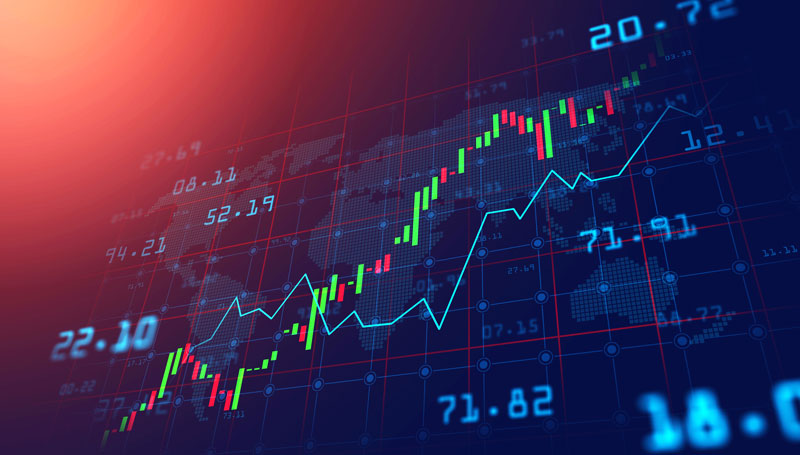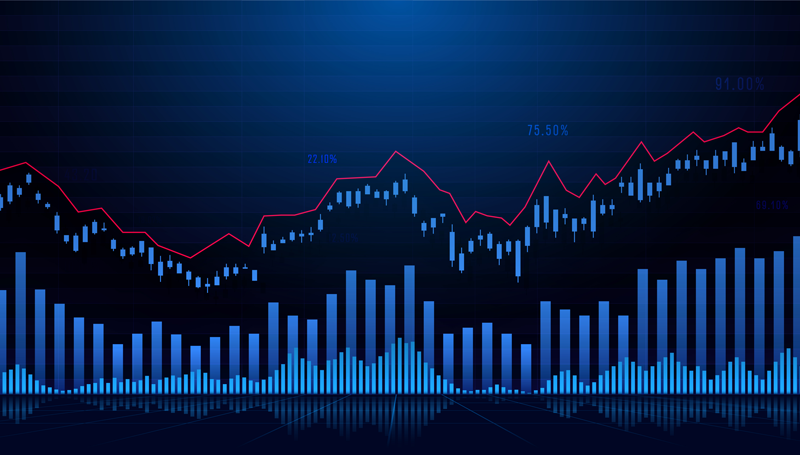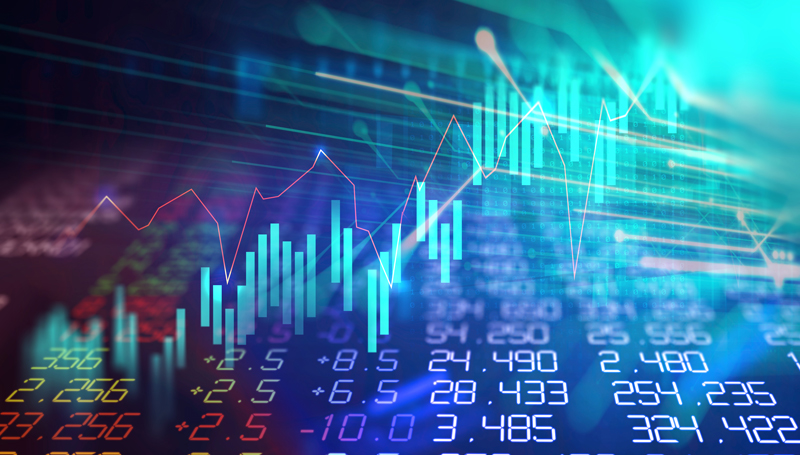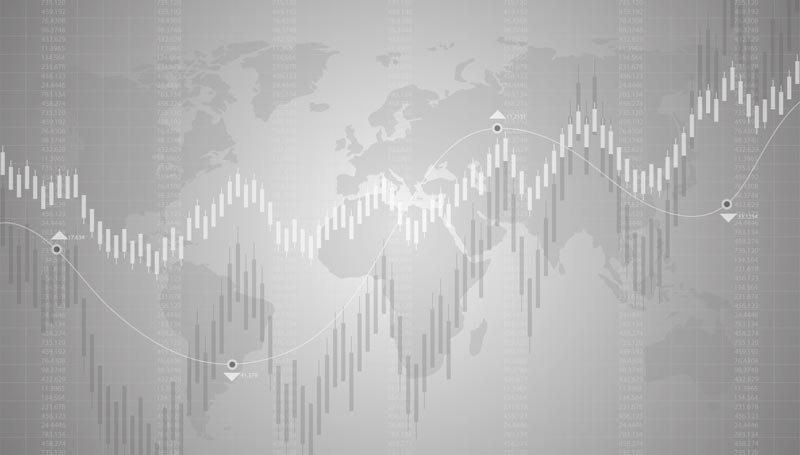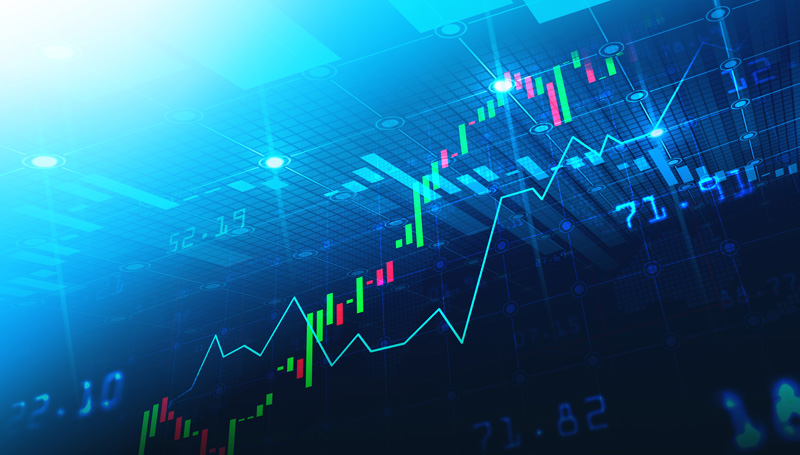

16.08.2019 – Daily report. Finally green prices on the trading platform again – the German leading index gains in early Friday trading. Positive signals in the tariff dispute between China and the USA breathed new life into the world’s stock markets. In addition, according to US data, there was growing hope that the recent fears of recession were exaggerated.
Profits in Frankfurt
Finally activism on the long side in global trading again – stocks were also in demand again in Frankfurt. The DAX recently rose by 1 percent to 11,530 points. That was about time: within three weeks, the index has now lost around 1,000 points. On the previous day, the price indicator had fallen to its lowest level since mid-February. The German benchmark index has since slipped so low below the 200-day line that a slight panic, or at least a severe depression, can be observed. If so many optimists have capitulated, how many sellers are left? In other words, the rebound was overdue.
Small expiration date
Apart from increased volatility, nothing is guaranteed at all. Because today the options on stocks and indices on the futures market expire. Big names in the market then like to push heavyweights in the indices in their direction. When you trade CFDs or buy stocks online, you should keep today’s small expiration date in mind.
New hope in the customs dispute
Politics, too, continues to cause prices to fluctuate. The day before, Donald Trump had explained that he saw an imminent settlement of the trade conflict with the People’s Republic. “I have the feeling that it will be rather short,” he told journalists. Trump made it clear that both sides wanted to do something, but didn’t give any details. Beijing played the ball back. Chinese Foreign Office spokesmen stressed that they were still hoping for a trade agreement. Trump and Chinese President Xi Jingping remained in contact.
Caution in Asia
In China, the CSI-300 increased by 0.5 percent to 3,711 positions. The Nikkei climbed by 0.1 percent, while the weekly minus was 1.3 percent. The situation in Hong Kong caused many brokers to exercise restraint. Before the demonstrations planned for the weekend, the official “Global Times” warned against the option of violent intervention by the Chinese leadership in the former British crown colony. A bloody invasion by the Chinese People’s Liberation Army is likely to have an impact on customs negotiations between China and the US. And with it the world’s stock exchanges.
Slight recovery in New York
The development in the tariff dispute had led to a small recovery on Wall Street on Thursday. The Dow Jones Index gained 0.4 percent to 25,579 points, breaching the 200-day line down, but at least working close to it again in the end. The S&P 500 rose 0.3 percent to 2,848 points. The Nasdaq Composite, on the other hand, lost just under 0.1 percent to 7,767 positions.
Economic data from the USA also provided new hope. Retail sales in July rose by 0.7 percent – far more than expected. All important data can be found here: Market Mover
Obviously consumers cannot be deterred from shopping – private consumption is the mainstay of the US economy. Were the recent fears of recession triggered by the inversion of interest rates exaggerated? We will see.
Japan holds most US bonds
Let’s stay with the Treasuries. According to information from the US Treasury, Japan replaced China as the largest holder of US government bonds in June. Tokyo has bought 21 billion dollars worth of bonds since May and reached 1.12 trillion dollars. Even China bought – despite contrary threats of some state-related experts in the customs dispute. The stock increased by two billion dollars. The People’s Republic now holds bonds worth 1.11 trillion dollars. If China were to sell US government bonds in a trade war, the number 3 in the ranking would still have potential for purchases: the US ally Great Britain now holds bonds worth 342 trillion dollars, compared with 323 trillion a month earlier.
This is what the day brings
There are only a few important dates on Friday.
At 2:30 pm the American building starts and building permits for July will be announced.
At 4:00pm consumer confidence of the university Michigan for August will be published.
In view of the small amount of incoming data, the stock market remains politically dominated. So keep an eye on regular market updates and direct market access open.
The Bernstein Bank wishes you successful trades and a relaxing weekend!
Important Notes on This Publication:
The content of this publication is for general information purposes only. In this context, it is neither an individual investment recommendation or advice nor an offer to purchase or sell securities or other financial products. The content in question and all the information contained therein do not in any way replace individual investor- or investment-oriented advice. No reliable forecast or indication for the future is possible with respect to any presentation or information on the present or past performance of the relevant underlying assets. All information and data presented in this publication are based on reliable sources. However, Bernstein Bank does not guarantee that the information and data contained in this publication is up-to-date, correct and complete. Securities traded on the financial markets are subject to price fluctuations. A contract for difference (CFD) is also a financial instrument with leverage effect. Against this backdrop, CFD trading involves a high risk up to the point of total loss and may not be suitable for all investors. Therefore, make sure that you have fully understood all the correlating risks. If necessary, ask for independent advice.

